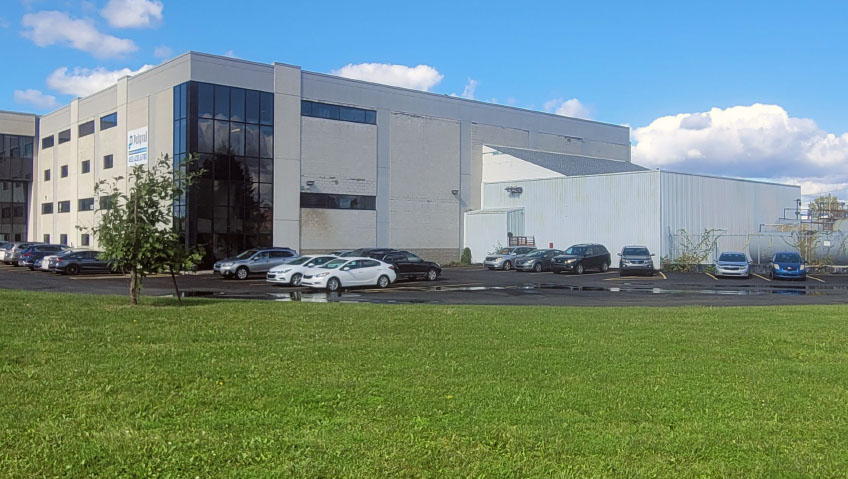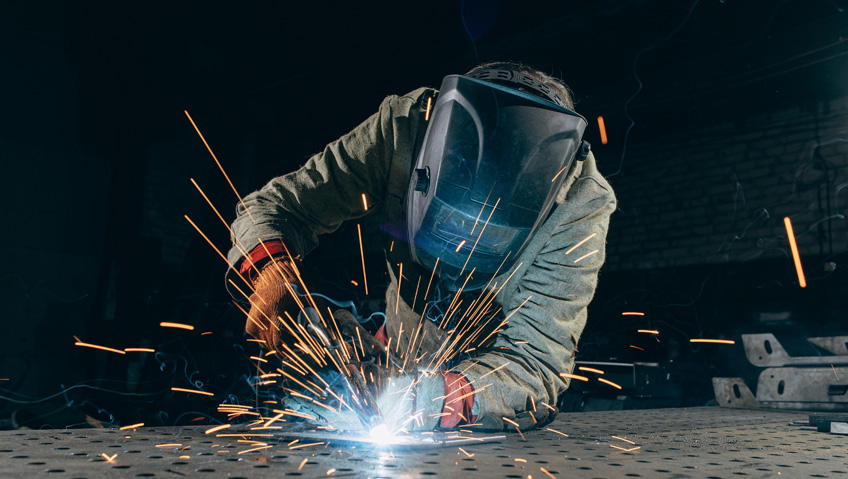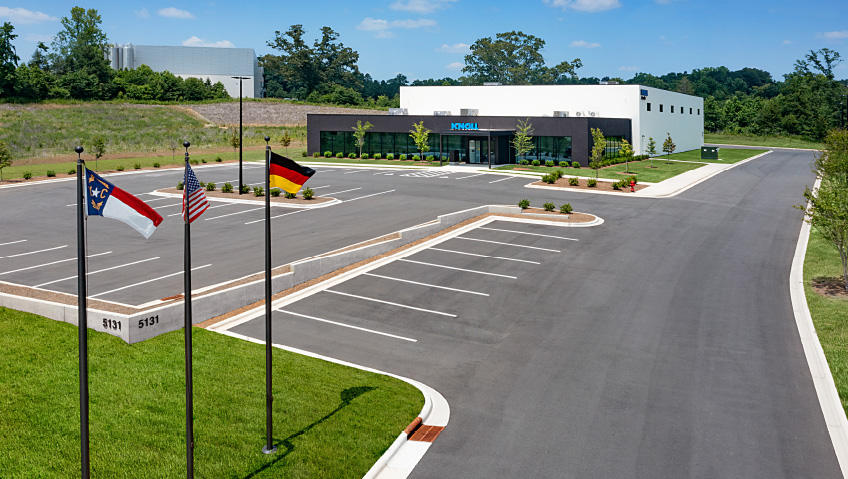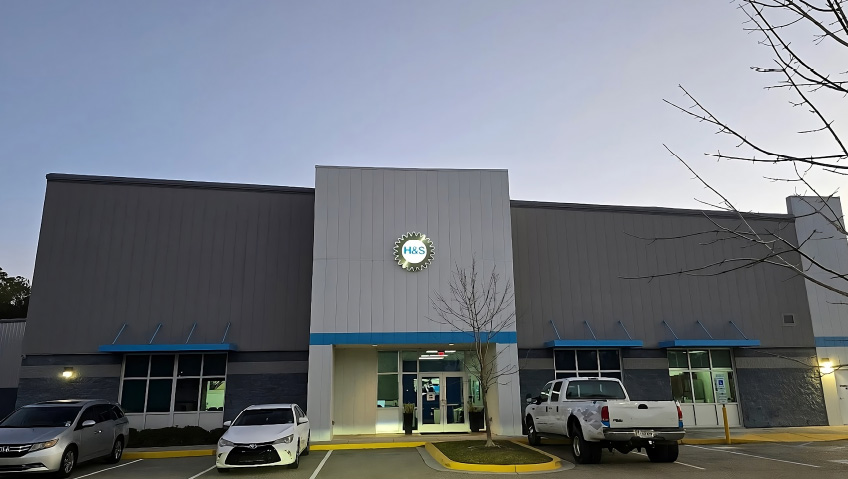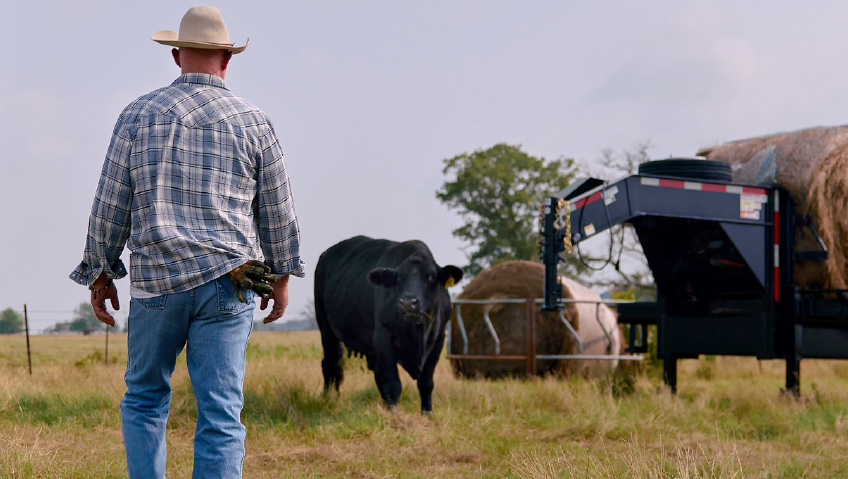Since its founding in 1983 as a neighborhood source for light-duty industrial maintenance paints, Polyval has remained committed to its goal of becoming a leading-edge, high-tech business with personal, close relationships with clients. Over the years, the company has progressively expanded its product lines through ongoing, creative product development and is now a prominent supplier of heavy- and light-duty maintenance coatings.
Embracing the mission statement of “Real People, Real Solutions,” Polyval Coatings has continued to break new ground with products well-known worldwide, supported by a professional and experienced staff ready to assist clients every step of the way. For Polyval, “Real Solutions” means approaching every product category as though it’s the company’s sole focus while recognizing that a product’s development—from conception to application—is a single process.
Since its inception, Polyval has adhered to the principle of staying one step ahead of the industry in terms of R&D, rather than merely following its peers. Keeping this mindset, it has created a line of solutions that address unique problems in specific markets, including a range of thin and thick film technologies that allow Polyval to offer clients the most effective systems for their project needs.
Additionally, Polyval is dedicated to operating as an environmentally responsible business, providing products that meet or exceed industry environmental standards while continuously researching and developing solutions in relation to VOC regulations.
“Polyval is a family-owned business, and in fact, the original company owner passed just about a year and a half ago at 100 years old,” says Burt Gestetner, Urethane Binder Specialist and Division Manager. “Everybody in the company knew him. He was involved, almost to the last day. It’s not just like family; it has the feel of a family business, meaning there are many key employees here. The general atmosphere is that the people at Polyval are at Polyval; they’re not just filling a temporary role. Also, as a company—especially in the binder business—we develop long-term relationships with employees, suppliers, and customers.”
It’s more than just customer service, Gestetner adds. It’s a relationship style where Polyval is not only a supplier but also an active participant who understands clients’ operations—and vice versa. “We’re somewhat intimately involved with a lot of our customers and understand their whole operations.” But it isn’t just a matter of “what works,” he stresses. “It’s who we are. It’s the family business and the relationships with everyone we work with. It’s all three areas: employees, suppliers, and customers. That’s really our style and who we are.”
Regarding challenges, everyone in the polyurethane industry acknowledges that one of the greatest ever was the raw material shortage in 2021, Gestetner says. While it affected many sectors, the polyurethane industry was particularly hard hit, with purchasing strategies and relationships impacted.
“For anyone connected to the polyurethane industry, it was very known,” he says. “It started with a big freeze in Texas in February of 2021 and a fire in a major facility in Kentucky, which was also a feed supply to that industry. It was one disaster after another.”
After weathering that tough period, Polyval managed to expand over the last 10 years, primarily within the polyurethane binder industry.
“We grew tremendously in the polyurethane binder industry by exposing ourselves more and directing products to the market from the customer side,” he says. “That involved becoming more engaged with the industry from the end-user perspective and developing formulas. Our biggest entry into this growth was really understanding the end users and the processes involved in making products out of recycled rubber and foam, using that knowledge as a starting point for our chemistry.”
In terms of advancements in new raw materials, Polyval has, for instance, traveled to the Middle East for chemical expos, discovering new advancements in ingredients that could be utilized for polyurethane binders. However, the company isn’t limited to these findings. As a custom coatings manufacturer, it employs a large R&D team of three chemists and eight technicians, ensuring dedicated attention to the development of its binders.
“We’re quicker to come up with custom formulations and try new things than other companies in the same end of the polyurethane binder industry,” says Gestetner. “There are generally very large companies producing polyurethane binders, and not so many smaller ones, even though our smart purchasing keeps our raw material costs competitive.”
To compete in an industry dominated by larger players, creativity is essential, he adds. “You have to be sharp on the chemistry side of things, so we’ve also emphasized functional properties beyond just costs and discoveries.”
On the formulation side, Polyval’s experience has shown that it’s not merely about shortages but also about commodities. With the two main components of polyurethane binders being polyols and isocyanates, the market can fluctuate—sometimes one is more abundant, and at other times, there’s a shortage of one component or the other. Understanding how to achieve the same functional formula by adjusting the ratios of these components prepares the company for varying situations.
However, even after the shortage, Polyval has continued to explore alternative formulations.
“We continue to explore alternative-style formulations of polyurethane binders, which will not only help in the event of any type of shortage or major market change but also lead to discoveries about what can be achieved when trying to minimize one raw material or maximize another,” says Gestetner.
In terms of sustainability, Polyval is also fully committed—another reason for its exponential growth in the recycled rubber industry.
“It’s a newer industry, and there are companies continuously entering the market to use recycled crumb rubber for innovative products,” he says. “Rubber surfacing—for example, safety surfacing on playgrounds, and rubber surfaces over cracked concrete and asphalt—are all fast-growing areas. Because of that, we took part in it and are growing alongside those industries.”
In fact, one of the company’s biggest accomplishments in this area has been teaching companies how to use recycled rubber instead of virgin rubber.
“We worked out the costs with them. Obviously, for some products, we’re hitting a wall because with natural rubber, there’s a limit to the tensile strength you can achieve by gluing together particles of rubber as opposed to using one solid piece of natural rubber. By advancing formulations and molding processes, we can combine that with the binder formula and the size and style of the rubber. We’re able to help companies achieve much higher properties than they thought possible.”
One company Polyval collaborated with initially avoided using recycled rubber for one of their products, believing there was no way to achieve sufficient strength by bonding recycled tire crumb.
“By creating an advanced formula with them and advising them on the type of rubber to use and the molding process, we were able to help them obtain the strength they needed. That tipped the scale and got them into using recycled crumb for all their products,” says Gestetner.
With customer manufacturing facilities using bulk tanks to store their polyurethane binders, one industry challenge included addressing the driver shortage of a few years ago. Polyval acquired its own fleet of tanks and now employs an exclusive transport company that handles all tanker deliveries. “We were never down. We always managed to handle our own transportation for the binders, a real accomplishment,” Gestetner shares.
Additionally, while the company started out as a custom coatings manufacturer, it has moved beyond that, he adds.
“We’re always looking at things as if they’re project-based, thinking outside the box,” he says. “A large company sets the standards for the industry in its own way. They say, ‘This is the product you need to use,’ and you must build your entire process and product around that. But we’re working in the opposite direction; we’re not bound by those rules or formulas. We’re really pushing the boundaries of what can be accomplished with polyurethane binders to advance our customers’ products and processes.”
Over the last 10 years, Gestetner—along with Polyval Coatings—has continually aspired to address customers’ various requests and demands and help make them a reality. “I can’t tell you how many times I’ve sat with a customer and asked them, ‘What’s your dream? What would be your ideal product? How fast do you want your product made? How strong do you want it? What’s your challenge?’ They’ve told me a dream would be to have a binder with a pot life of 45 minutes, and once set with heat, they could press it in an hour in a stack and have it fully cured without expansion. That would make the process and product perfect.”
Gestetner would then return to the lab and say, ‘Let’s look at this and think of every possible way to achieve it.’ “We’re really trying to push the limits and expand the offerings of the traditional polyurethane binder industry.”

